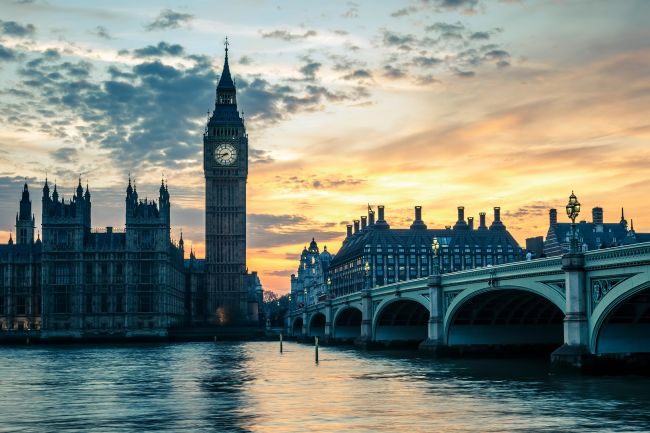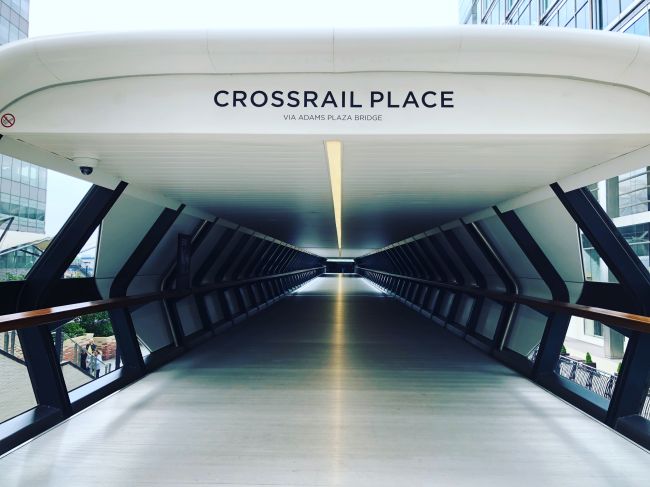Passenger night trains in Europe, the end of the line?
Passenger night trains carrying sleeping cars or couchette stock have been operated across Europe for over a century. Some railways continue to provide them as part of their long-distance services, or by agreement with neighbouring railways.
Passenger night trains carrying sleeping cars or couchette stock have been operated across Europe for over a century. Some railways continue to provide them as part of their long-distance services, or by agreement with neighbouring railways. Others have cut them back, because they are not profitable or not supported by a social, economic or environmental case.
The European Parliament appointed us to investigate the financial and environmental aspects of the night train sector, and to analyse whether night trains are a viable option in the long-term. With limited data available, our work focused on studies prepared to inform recent decisions to close, change, continue or expand night train services.
We found that night trains typically offered slower journeys and have higher costs than equivalent day trains. Despite offering a wide range of accommodation, ranging from a “day” seat to a private bed with shower and WC, night trains rarely earn sufficient additional revenue to cover these costs. Our report noted that across Europe, and in Japan, new high-speed lines mean that many journeys they had originally served were now too brief to provide a night’s sleep.
Uniquely in Europe, Austria’s ÖBB has plans to expand its Nightjet services. These appeared to benefit from factors which might not exist elsewhere in Europe: no 300 km/h high-speed lines; limited flights between Vienna and their main destinations; and strict control of competing coaches, which in some countries have been liberalised and now offer day and overnight services at low fares.
We concluded that night trains still contribute to the mobility needs of European citizens, and suggested three measures to ensure that they were not disadvantaged:
- better monitoring of night trains as a market segment;
- ensuring that their viability was not undermined by excessive mark-ups to rail infrastructure charges; and
- more flexible means of subsidy, to enable operators to adapt to the needs of the market.
Dick Dunmore, Associate at Steer Davies Gleave, the report at the European Parliament TRAN Committee meeting in Brussels on 20 June 2017. View the presentation on the European Parliament website.














